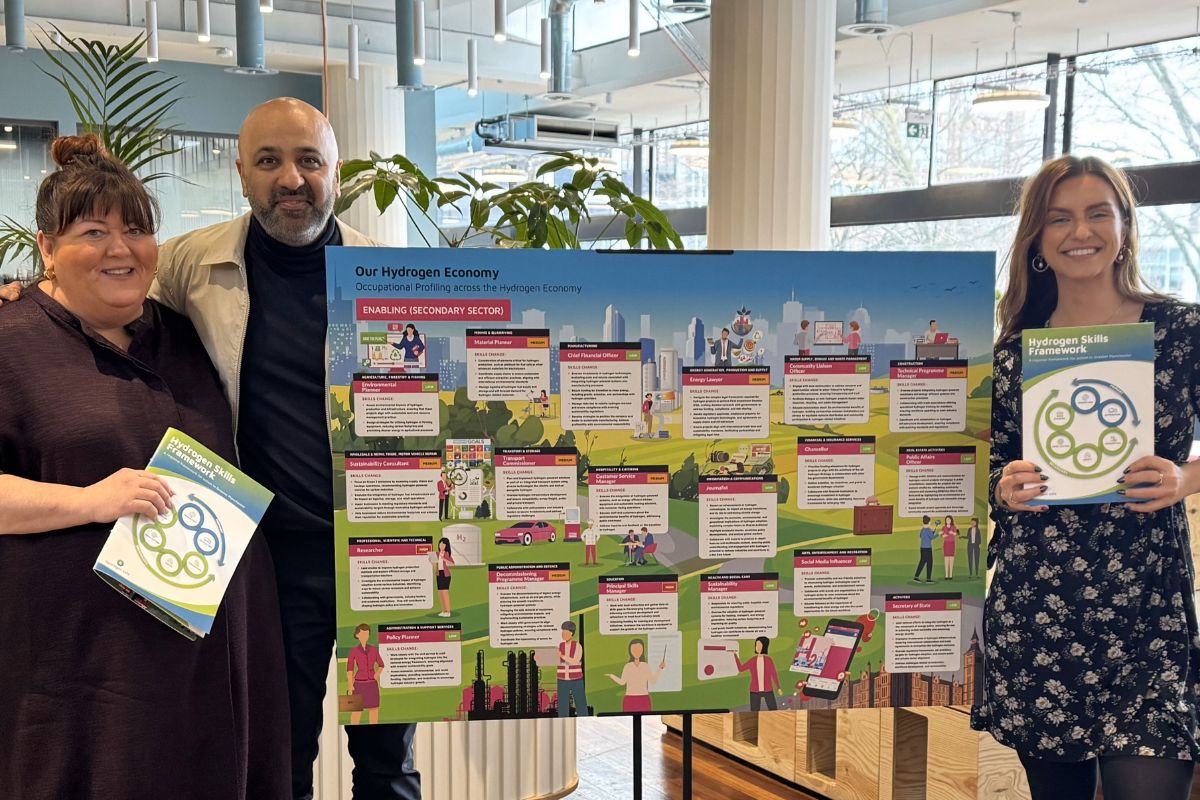Why NHS Apprenticeships Will Bolster Quality, Not Compromise It

- The NHS recruitment and training body, Health Education England, confirmed funding for a new Medical Doctor Degree Apprenticeship as part of the NHS England Long Term Workforce Plan, set to be the biggest expansion of training in its history to upskill, retain talent and create a healthcare workforce ‘fit for the future’
- Many doctors have expressed their worries about putting patients at risk with a potentially lower-quality workforce
- Apprenticeship expert advises why this won’t be the case, explaining the benefits of apprenticeships in upskilling a high-quality workforce
The NHS England Long Term Workforce Plan was released in June 2023 and outlined that, compared to 2022, NHS domestic education and training will need to increase between 50% and 65% by 2030/31 through a variety of training routes to reduce reliance on international recruitment in the NHS.
NHS apprenticeships are a key component of this plan, with the recent announcement of a Medical Doctor Degree Apprenticeship which will be piloted in 2024. These schemes will see students working as trainee medical practitioners under the supervision of those established in their roles while studying towards their medical degree. The main difference between these apprentices compared to regular medical students is that these students will earn a salary prior to receiving their degree.
However, there have been reports of current senior doctors having concerns about patient safety risks with apprentices with some worrying that the ‘quality of care [will be] diminished in a bid to fill gaps.’
Co-founder of RateMyApprenticeship, an apprenticeship review website, Oliver Sidwell, is an early careers expert who started the business to improve accessible career routes across the UK.
When asked about his thoughts on the current response to NHS apprenticeships, he commented,
“The reaction to the NHS apprenticeships is very similar to initial reactions to apprenticeship roles across all industries; anxiety exasperated by an existing idea that apprenticeships are ‘easier’ or designed for those who simply ‘cannot’ do a typical degree. However, the government has confirmed, medical doctor apprentices will be subject to the same rigorous requirements as traditional trainee doctors and will work towards a medical degree just the same.
If anything, degree apprenticeships will be the answer to creating an even higher quality NHS workforce – as we’ve seen in other professions. The option to earn a salary while studying for the same medical degree makes the profession more accessible to students who would have needed to work a part-time job while studying and, therefore, widens the NHS talent pool. What’s more, apprentices will still have to meet all requirements set out by the General Medical Council and be supervised by superiors. All in all, the apprenticeships are simply another route for highly skilled, talented and passionate young people to enter the career and become an integral part of the medical workforce.”
The NHS has over 600 reviews on RateMyApprenticeship from current and previous apprentices, with two recent quotes demonstrating the enjoyment of the apprenticeship programme structure and support provided within the learning environment.
“There is a strong emphasis on professional development, and I have access to educational opportunities and support to enhance my skills and knowledge”
“I have really enjoyed the programme. I am coming to the end of my first year and have found it has been the best decision for me. I am working full time – earning a full time wage. I am getting a degree being at university which we also get paid to attend”
For more info on NHS apprenticeships, stay up to date with RateMyApprenticeship.











Responses